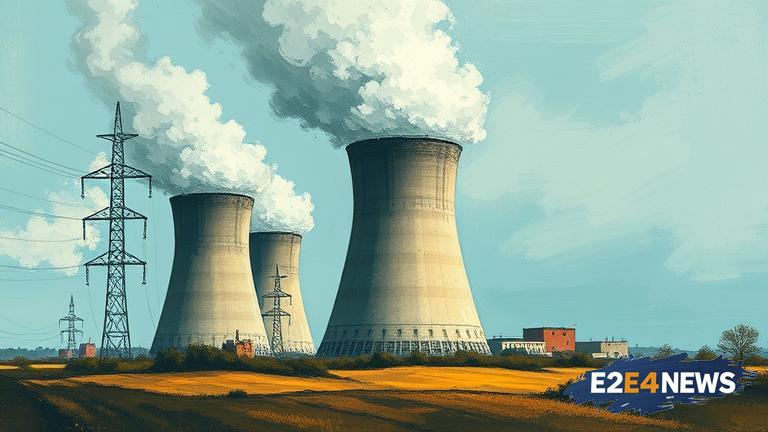The debate over nuclear energy has often focused on its potential as a clean and efficient source of power. However, a closer examination reveals that the costs associated with nuclear energy are more extensive than initially meets the eye. Beyond the substantial upfront costs of building nuclear reactors, there are significant expenses related to the maintenance, operation, and eventual decommissioning of these facilities. Moreover, the environmental and health impacts of nuclear energy production, including the storage and disposal of radioactive waste, contribute to a complex and costly picture. The storage of nuclear waste, for instance, requires specialized facilities that can safely contain radioactive materials for thousands of years, a challenge that has yet to be fully resolved. The health effects of nuclear accidents, such as those at Chernobyl and Fukushima, underscore the potential human cost of nuclear energy. These incidents not only result in immediate loss of life and health issues but also have long-term effects on local ecosystems and populations. The economic impact of such disasters can be devastating, affecting not just the local community but also having broader regional and national implications. Furthermore, the process of decommissioning nuclear reactors at the end of their operational life is a costly and technically demanding task. This process involves safely dismantling the reactor and managing the radioactive materials, a procedure that can take decades and cost billions of dollars. In addition to these direct costs, there are also indirect expenses related to the research and development of new, safer nuclear technologies, as well as the costs associated with regulating the industry to ensure safety and compliance with environmental standards. The regulatory framework surrounding nuclear energy is complex and requires significant investment to ensure that facilities are operated safely and that risks are mitigated. Despite these challenges, many countries continue to invest in nuclear energy as part of their energy mix, citing its reliability and capacity to generate electricity on a large scale. However, as the world moves towards cleaner and more sustainable forms of energy, the role of nuclear power in the future energy landscape remains a topic of debate. The hidden costs of nuclear energy, including its environmental, health, and economic impacts, must be carefully considered in this context. Ultimately, a comprehensive understanding of these costs is essential for making informed decisions about the future of nuclear energy. As technology continues to evolve, it will be important to assess whether advancements can mitigate some of the costs and risks associated with nuclear power, potentially altering its viability as an energy source. The discussion around nuclear energy’s place in the global effort to combat climate change and ensure energy security must be nuanced, taking into account both its benefits and its less visible, yet significant, expenses.
